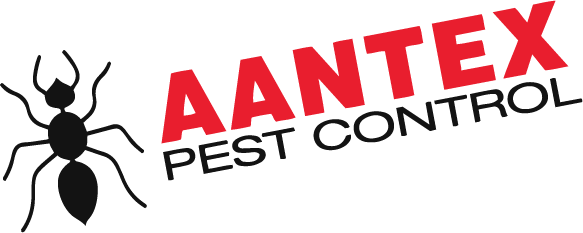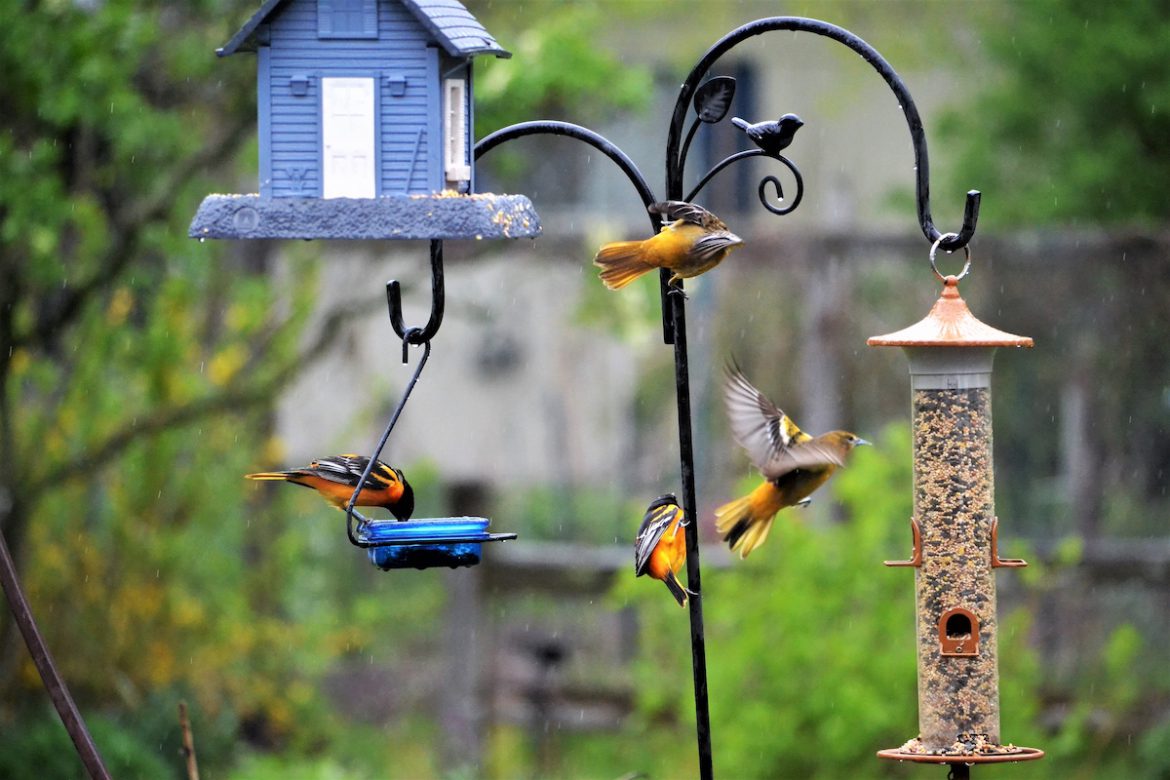Contra Costa County is home to more than 180 species of birds. Hoping to invite these birds into our yards, many of us have invested in bird feeders. You have to admit watching birds can be calming and entertaining. Unfortunately, birdfeeders have become the culprit of the salmonellosis outbreak. The California Department of Fish and Wildlife (between Dec. 1 and Feb. 28,) received more than 1,800 mortality reports for pine siskins and goldfinches, with the highest concentrations in the Bay Area: Sonoma, Marin, San Mateo, Contra Costa, Santa Cruz and counties. The majority of those birds were suspected of having salmonellosis.
If you choose to keep a bird feeder or birdbath, we encourage you to keep them clean. Please follow the steps below to help keep our wildlife births healthy:
- Wash your bird feeder or birdbath once a week with soapy water
- Always use fresh high-quality sterile seeds
- If you’ve had recent rain, the seeds will get wet and develop mold. Replace the seed immediately after rain.
- If you find an injured bird, store it in a small container and contact Lindsay Wildlife Experience
Help Curb the Spread of Salmonellosis in Songbirds
Press Release on January 27, 2021
Released by Lindsay Wildlife
Due to a dramatic increase of gravely ill Pine Siskin patients in our wildlife rehabilitation hospital, Lindsay Wildlife Experience is advising Contra Costa County residents to take down their bird feeders to help curb the potential spread of a deadly disease.
After seeing a small but noticeable uptick of Pine Siskin patients in December 2020, Lindsay veterinary staff has treated more than 20 Pine Siskin patients since Jan. 1, 2021 (the hospital treated two Pine Siskin patients in all of 2019). Veterinarians have worked with the California Department of Fish and Wildlife to determine the increase in sick Pine Siskin patients and their high mortality rates is the result of salmonellosis, an infection caused by the salmonella bacteria. The disease can affect birds and is spread by water or food that is contaminated with fecal matter.
Salmonellosis has been confirmed in the patients we are seeing in our wildlife hospital, and the disease has been reported in Pine Siskins in the Bay Area and the western United States. While these diminutive migratory songbirds can wander southwards during the winter, they are being seen in unprecedented numbers, which experts attribute to a drastic reduction of conifer seeds across the boreal forests of Canada, which they call home. The boom in Pine Siskins means that more birds are congregating, including at backyard bird feeders, which can help spread the disease.
If you are seeing sick birds in your yard or neighborhood, please immediately remove your bird feeder(s) for up to three weeks to allow the birds to “socially distance” and prevent further spread of the disease. Weekly cleaning of bird feeders, including with a bleach and water solution, can help prevent feeders from becoming a breeding ground for bacteria. Do not overfill feeders and avoid using platform-style feeders where birds can perch.
If you find a sick or injured bird or other wildlife, please call our hospital hotline at (925) 659-8156 or email [email protected]. While our hospital remains temporarily closed to the public, we are accepting patients in a drop-off area each day from 10 a.m. to 3 p.m.
Thank you for helping keep wildlife healthy and safe.


